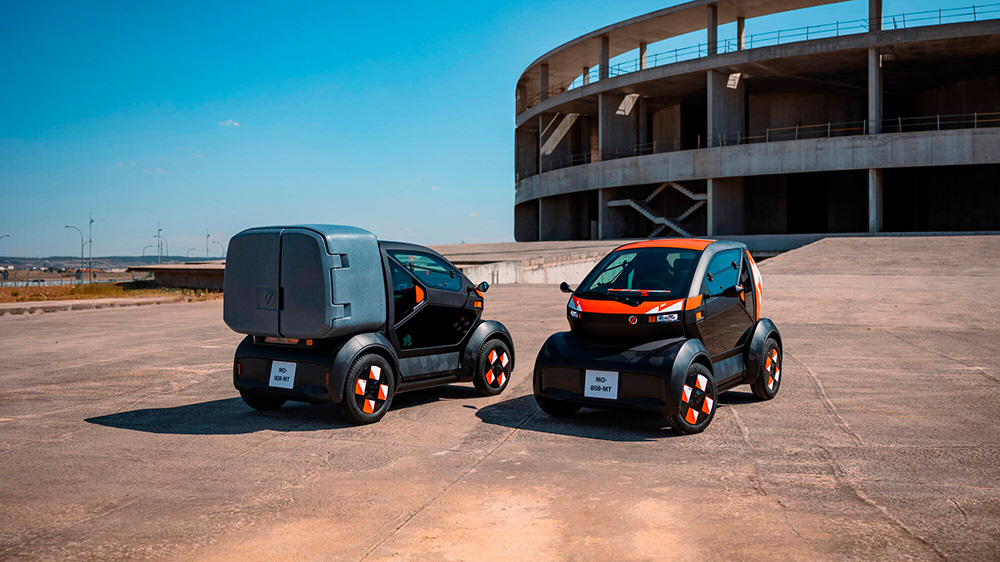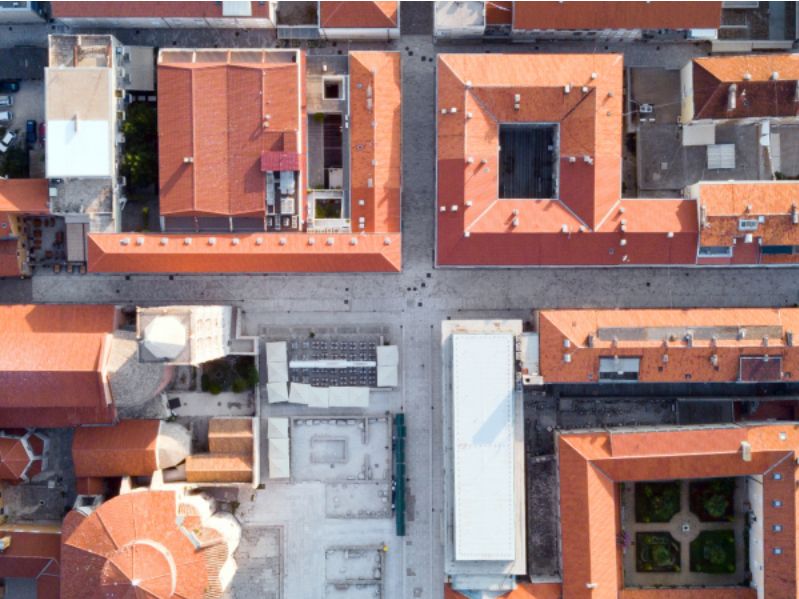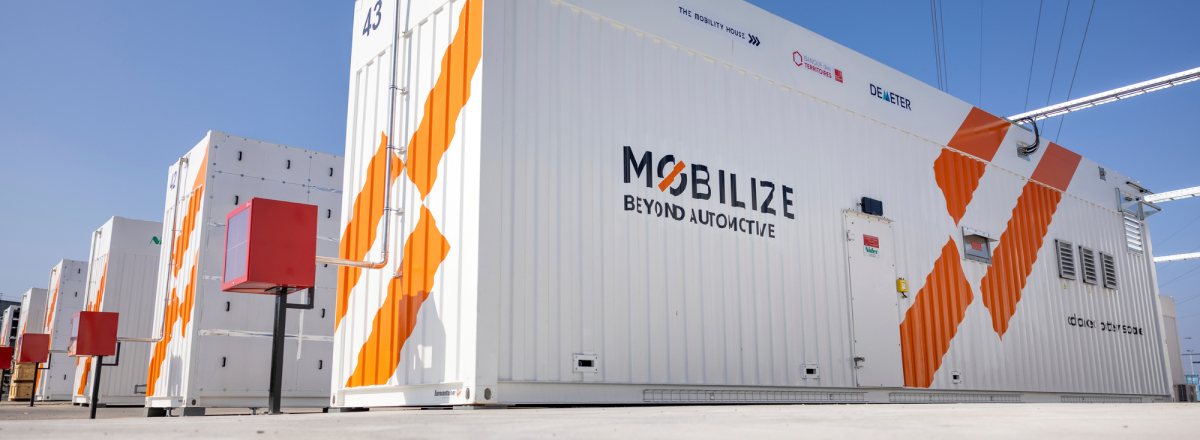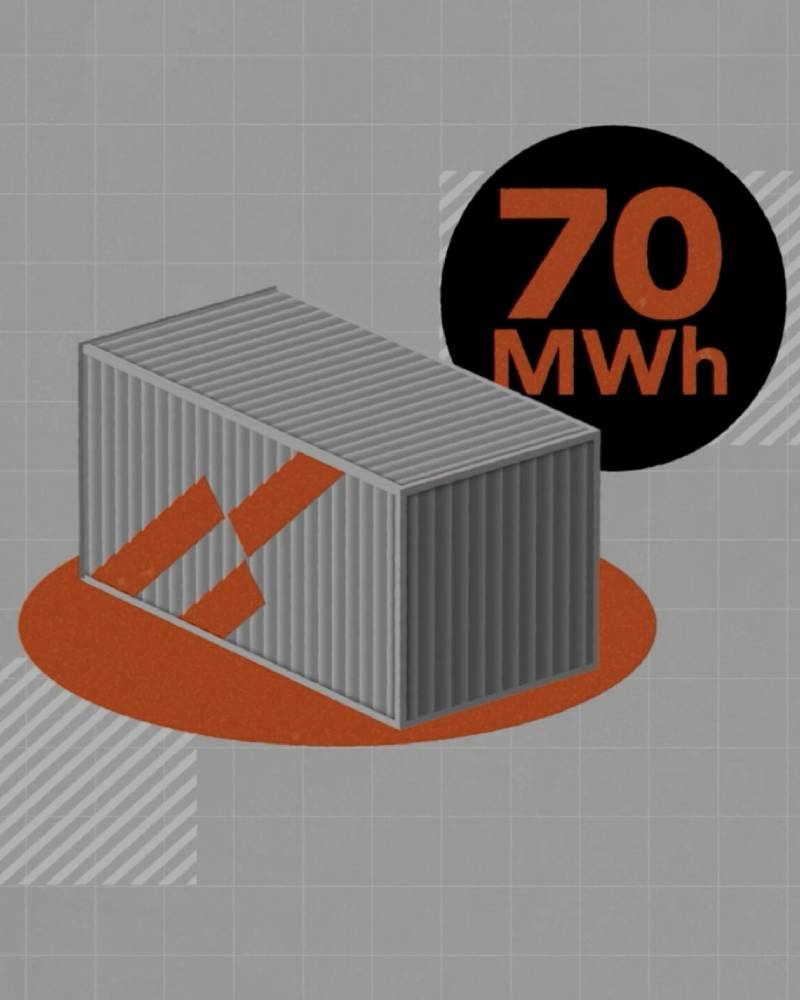
number of lives that Renault Group’s electric vehicle batteries have:
a life in the vehicle… so that it can be driven; and a life outside the vehicle… so that they can stock and destock energy in many different situations. It is only after providing excellent, loyal service during their two-faceted lives, that these batteries are dismantled at Renault Group’s Re-Factory in Flins, and recycled by Veolia.

potential capacity of the battery at the end of its automotive life
As it happens, the average lifetime of a car battery is conveniently the same as that of the car itself. However, after this time, it will still have around three-quarters of its full capacity. That’s when it takes on other uses, serving the electrical grid.

year of birth of the ABS project
The large-scale stationary energy storage project Advanced Battery Storage (ABS) uses both second-life and brand-new batteries intended for future use in vehicles, which are installed in many containers connected to the high-voltage distribution network. What’s the aim? To overcome the intermittency of low-carbon energy production from renewable energy sources.

position occupied by the Advanced Battery Storage project…
on the list of the biggest stationary storage facilities in operation thanks to electric vehicle batteries. ABS’s energy capacity stands at almost 20 MWh in France and 3 MWh in Germany.

number of ABS installations in Europe
The first two Advanced Battery Storage facilities have been installed in Douai, France, at a Renault vehicle production site, and in Elverlingsten, Germany, at a former coal-fired power station now geared towards the energy transition. A third ABS facility has been installed in Flins, France, in the factory that mostly produces the Renault ZOE.

perspective on the potential…
In the long-term, the overall storage capacity of the Advanced Battery Storage project will stand at 70 MWh. Just to put the great potential of this particular technology into perspective, its capacity could equate to the daily electrical consumption of a town of 5,000 households.
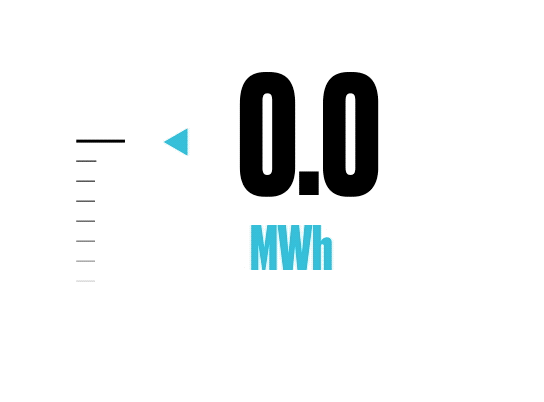
energy capacity of the device in Flins
It makes perfect sense to install the very latest ABS storage site in Flins, home to Europe’s first circular-economy factory dedicated to mobility. Facility capacity: 15.5 MWh. Like its older sister in Douai, the Flins storage site will regulate the difference between energy production and consumption in real time to integrate as much green electricity as possible into the grid.
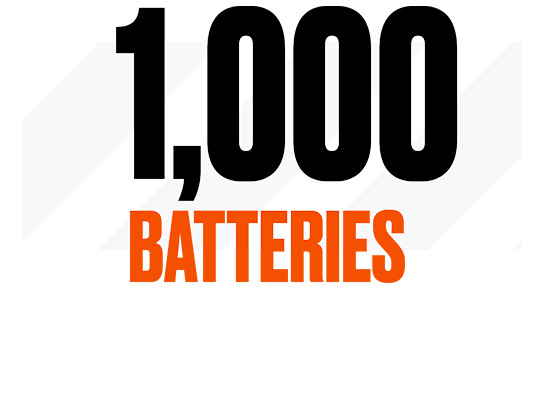
size of the Smart Hubs project
Mobilize has already supplied 1,000 second-life batteries originally used in the Kangoo Z.E. model for the Smart Hubs project, under development. Destination: Sussex, United Kingdom. Stored in a series of containers, these batteries are intended to power shopping centres, social housing, or even charging stations for electric vehicles.
